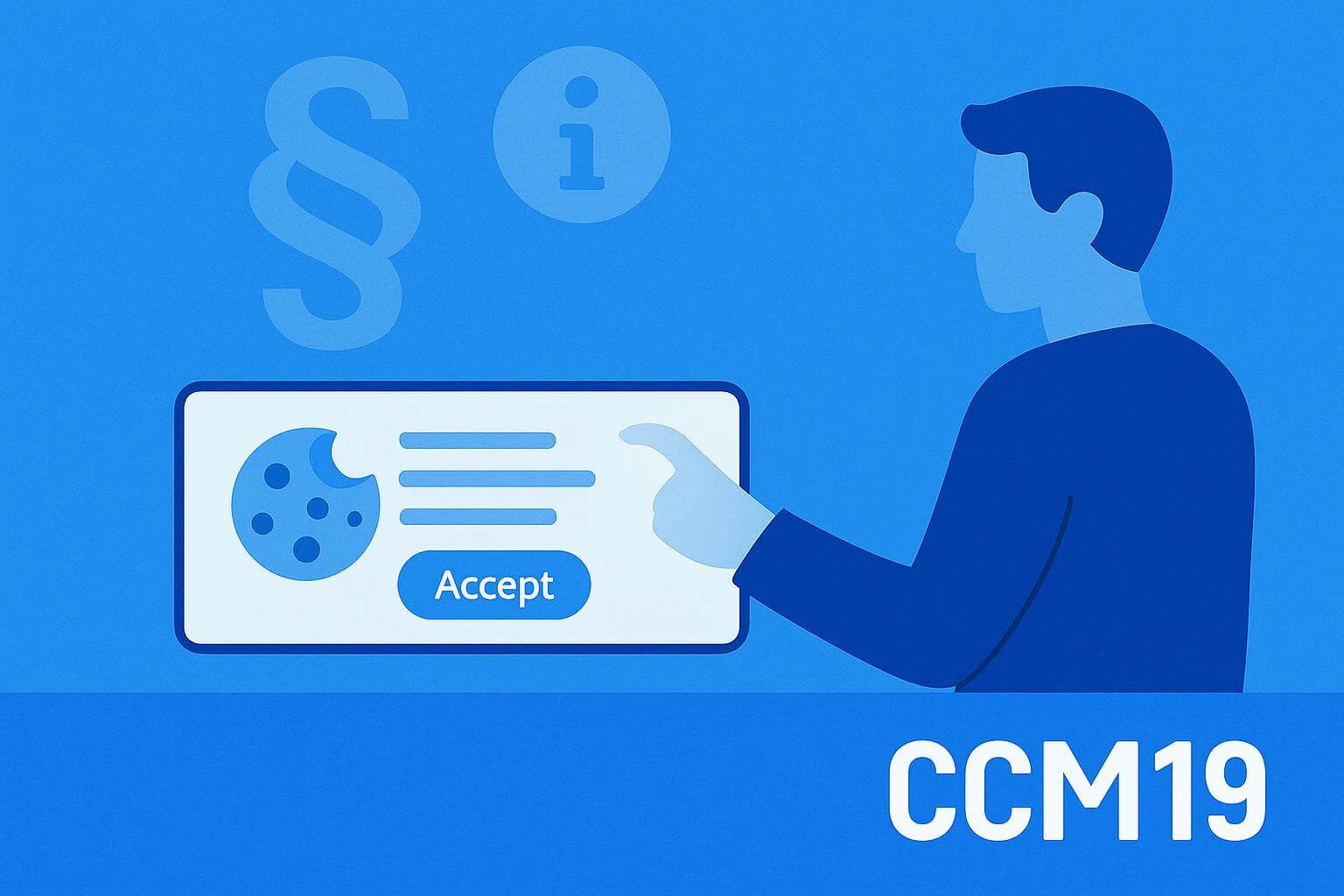Cookie banner alternative:
What the German government's new plans mean for website operators

- The German government is now planning measures to reduce the constant confrontation with cookie banners.
- The focus is on the introduction of technologies such as Personal Information Management Services (PIMS), which should make it possible to store consent centrally and manage it more efficiently.
- In this article, we take a closer look at what this means for website operators, what opportunities and challenges PIMS bring with them and what role cookie banners will play in the future.
What is the federal government planning?
On September 4, 2024, the Federal Cabinet launched a draft ordinance relating to Section 26 of the Telecommunications Digital Services Data Protection Act (TDDDG), which stipulates that users should only give their consent to the use of cookies once and that this consent should be stored centrally so that they are not asked again each time they visit a website.
Personal Information Management Services (PIMS) are one possible solution for implementing this plan. This technology makes it possible to store user consent centrally and transfer it to all websites.
How are we preparing for the new developments?
We at CCM19 are closely monitoring these developments and plan to make our solution compatible with PIMS as soon as this technology is available, and our Consent Management Tool will be able to read the settings from PIMS and implement them accordingly. As a result, the cookie banners will remain invisible in the background, based on the decisions made by the user in the new tool.
How exactly this will work in practice and how readily users will accept PIMS remains unclear, however. We are prepared for these changes and will continue to ensure that our solution remains legally compliant and future-proof.
Will cookie banners disappear?
No, cookie banners will remain necessary! Even though PIMS are intended to simplify consent management, their use remains voluntary.
It depends on the acceptance of users and providers whether this technology will be used across the board. For many websites, it will therefore still be necessary to obtain consent via cookie banners, especially if PIMS are not widely used.
Data protection concerns with PIMS
Despite the potential relief offered by PIMS, there are also significant data protection concerns: since all data on website visits is stored centrally, it would be possible to create comprehensive profiles of users' surfing behavior. This raises privacy issues as it is possible to track when and which websites a person has visited.
Legal changes could also pose a challenge. Consents that have been given for one year could become obsolete if the legal situation changes. In such cases, it would be necessary to obtain consent again in order to remain legally secure.
Conclusion:
The measures planned by the German government do not mean the end of cookie banners. They are aimed at improving consent management through technologies such as PIMS and making it less intrusive.
However, the use of cookie banners will still be necessary, especially for websites that do not use PIMS. Website operators should also prepare for potential data protection risks and ensure that their procedures always remain legally compliant.
However, it remains to be seen whether the federal government's plan is actually practicable and will bring the desired success.
